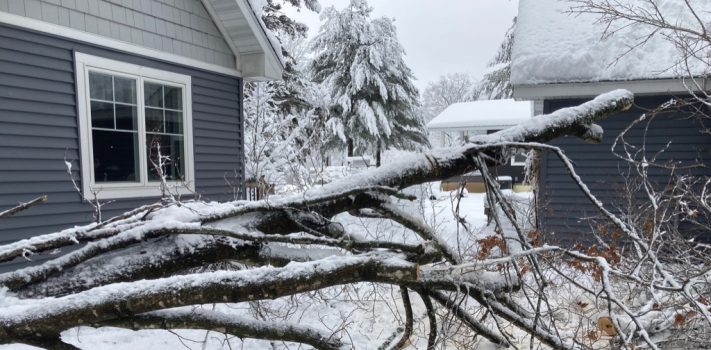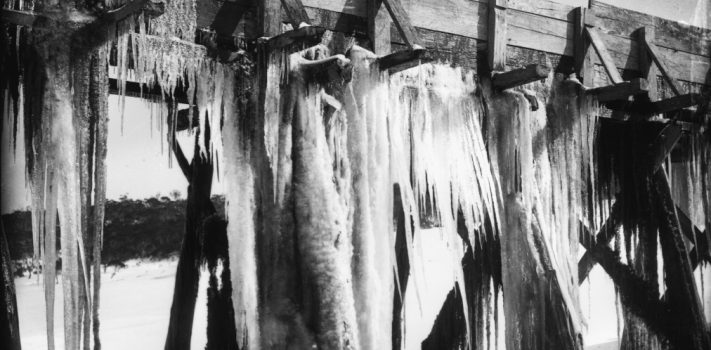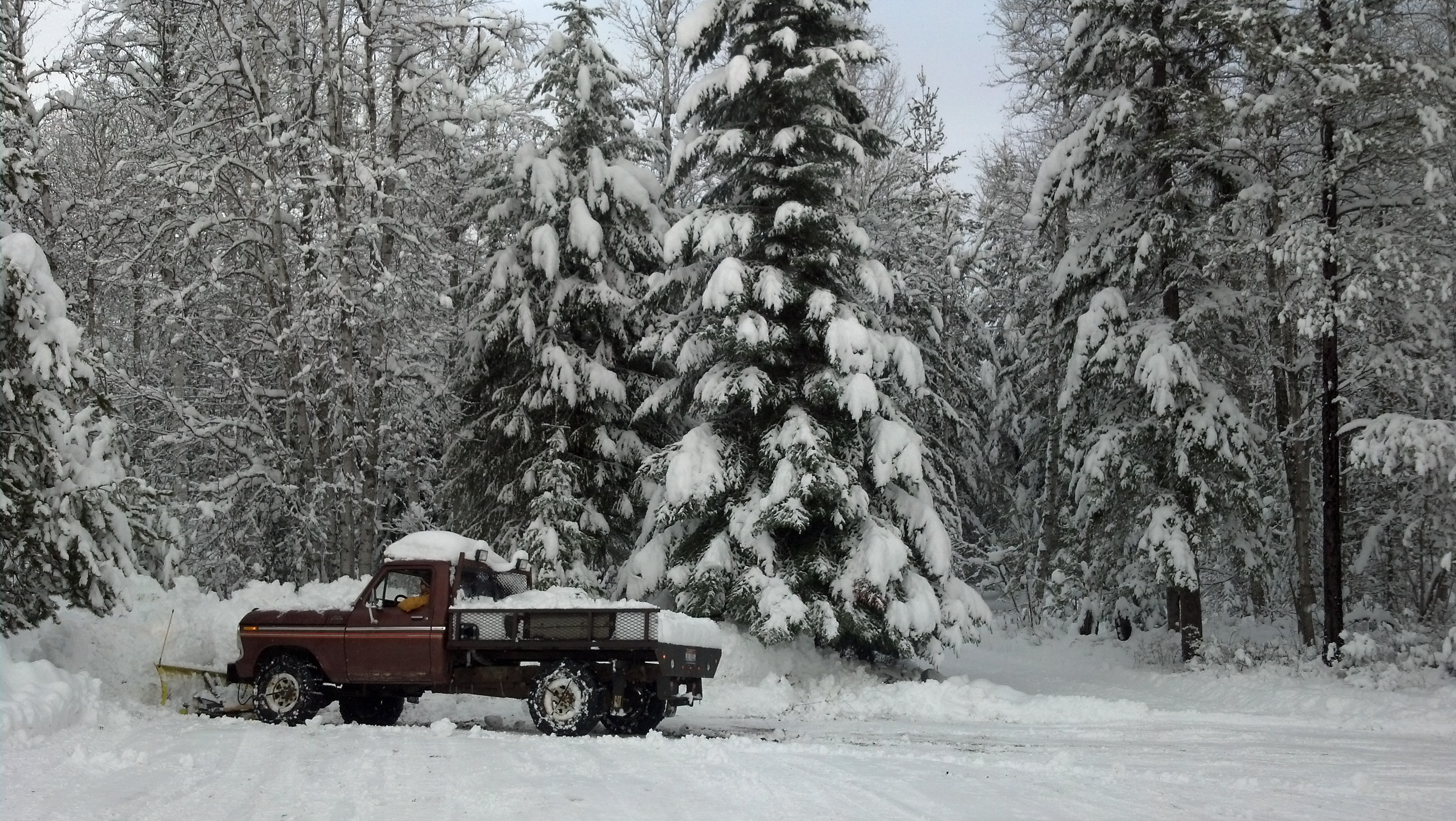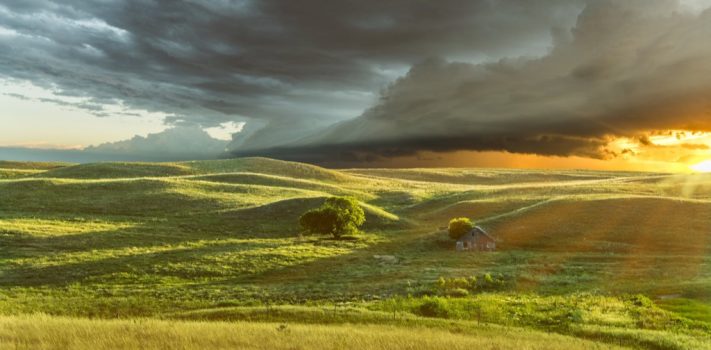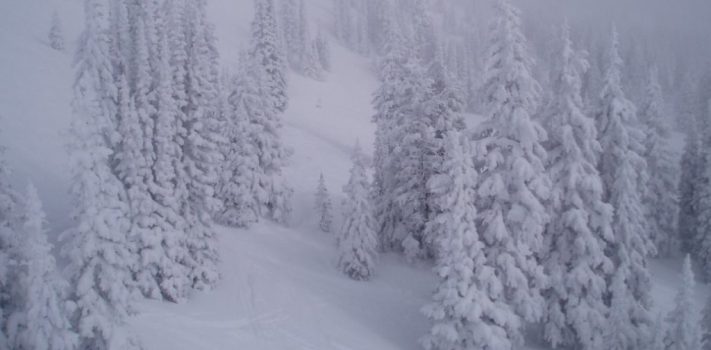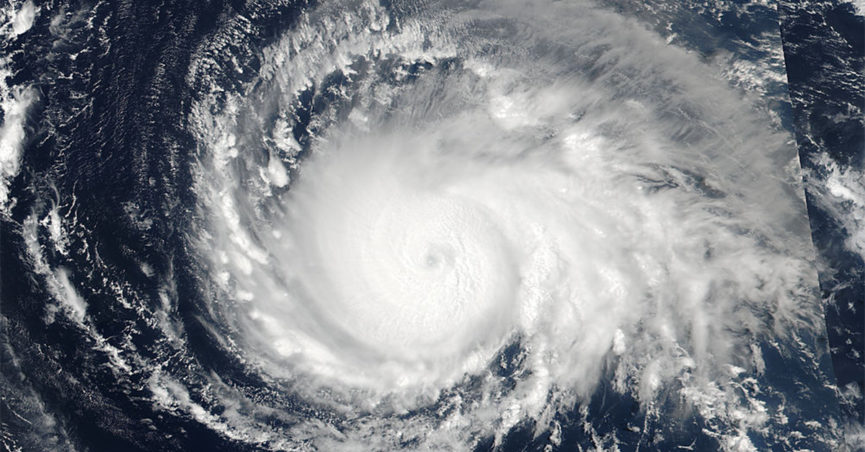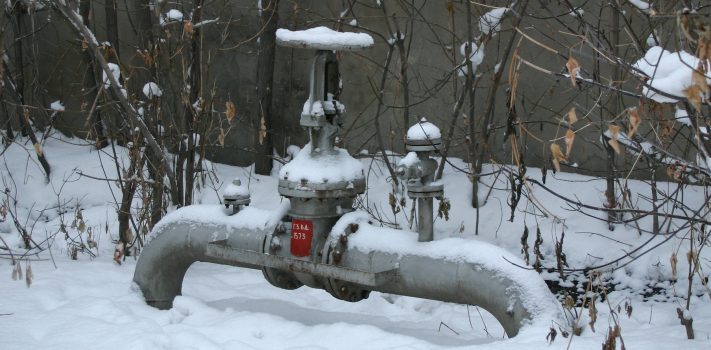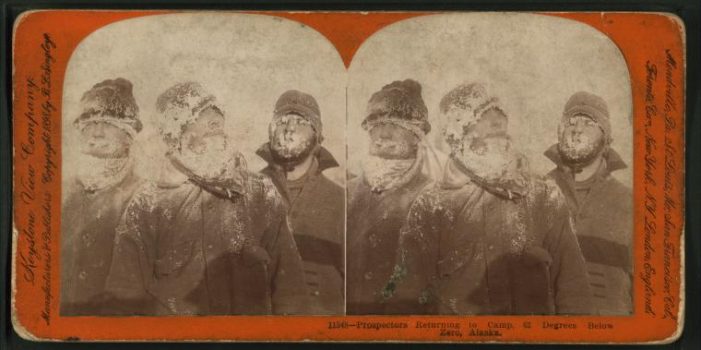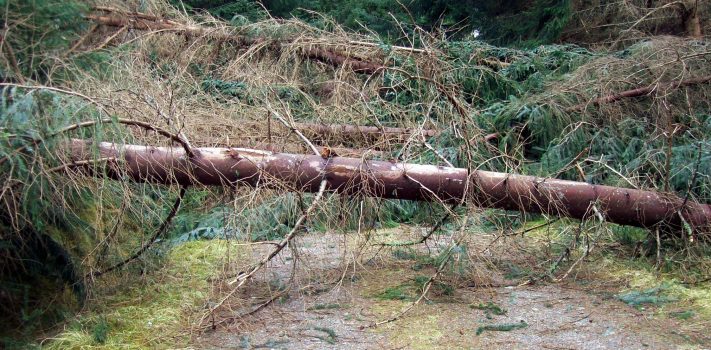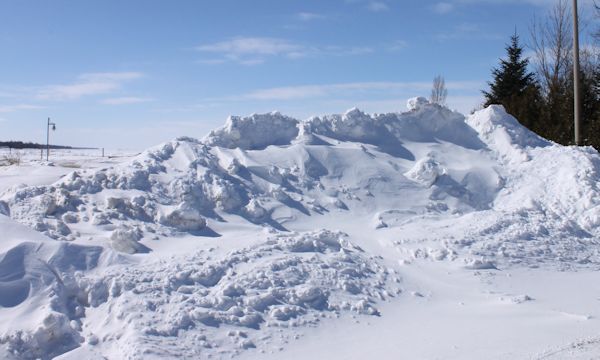Lessons Learned From a Winter Storm – Part 1, by Michael X.
I have often bugged my wife to let us try a “long weekend without power”. I wanted to test my preps, byt so far she has not taken me up on my offer. However, recently Fate stepped in and gave me what I wanted. I am writing this to document my experience and my analysis of what I need to do to further my readiness. I have been interested in Prepping for many years. My early introduction to prepping was on this website, and by reading the Patriots novel series by James Wesley, Rawles. Many, many books followed that rounded …

